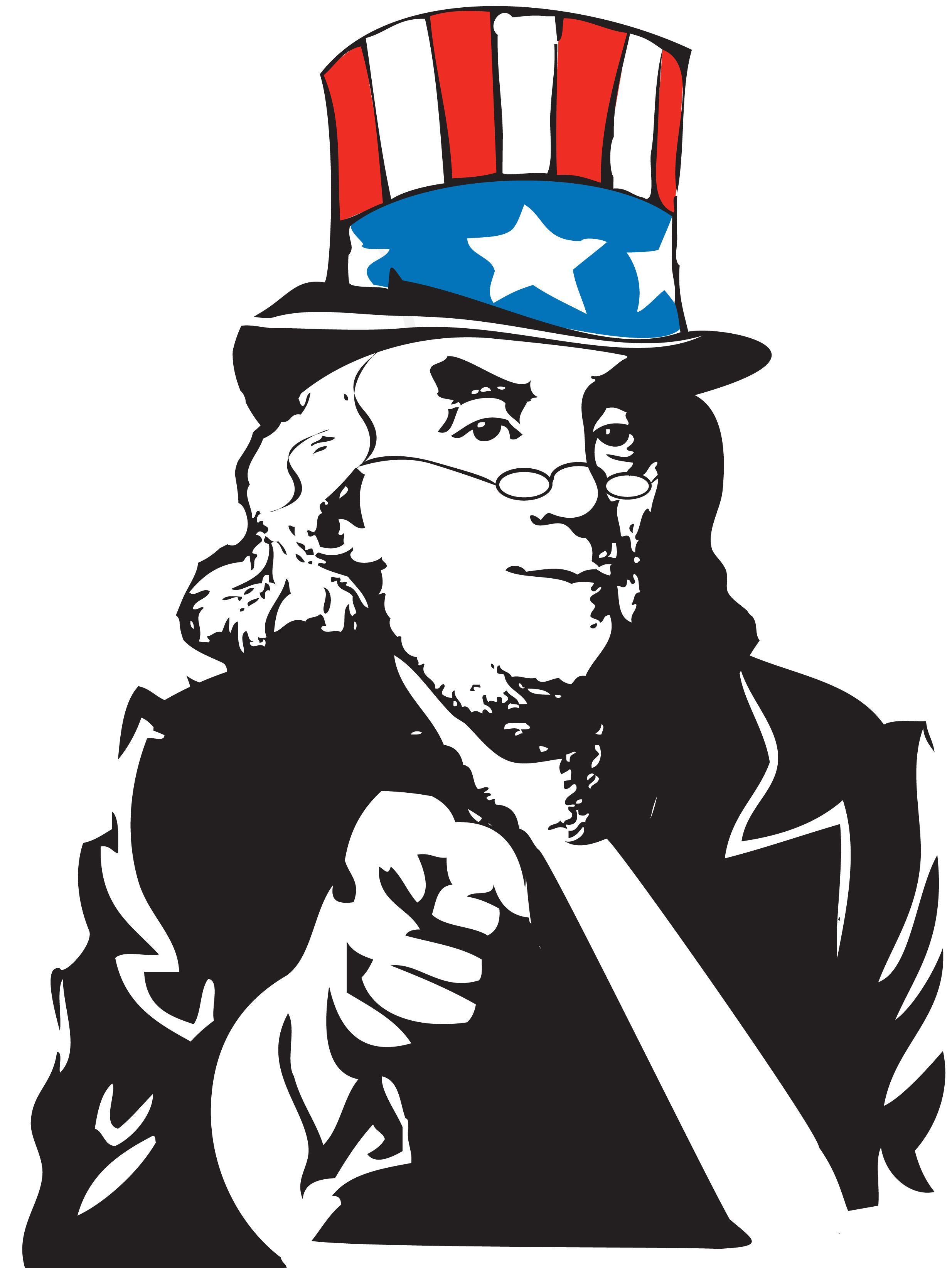By: David Ross
So by now you may have researched some internships and jobs of interest. Perhaps you’ve had several discussions with individuals revealing those little-discussed tidbits of “insider” information about what really happens at work and want more insight. Or maybe you’ve just determined that you’re at that point where reading anecdotes just isn’t enough. If any of this sounds like something you’ve contemplated or experienced, consider the feasibility of an externship.
What is an externship? You may have already heard the term used in a few different ways or contexts. For this purposes of this blog entry, consider an externship as an opportunity to experience firsthand a day in the life of a working professional. Some people refer to externships as “shadowing” experiences where a person has the chance to follow someone around for a day at the office. So imagine yourself working in a position of great interest to you – an externship may be helpful in revealing more details about what you can really expect once you assume that role. Be sure to make the most of any externship opportunity and absorb as much information as you can, ask questions you can’t find on a website and immerse yourself in the experience.
Perspective is important. So while externships can provide some additional information, note that your experience in one organization may differ from your experience in another. That’s ok – one outcome of an externship is learning more about what may be important to you in a workplace and leaving with more focused questions on similar opportunities within other organizations. The prospect of meeting some professionals in the field can be an added bonus.
Externships may occur through formal, structured programs or may be arranged individually through personal contacts. Regardless of how the opportunity arises, remember that while you are observing a professional at their workplace, your behavior and professionalism are being monitored as well.






